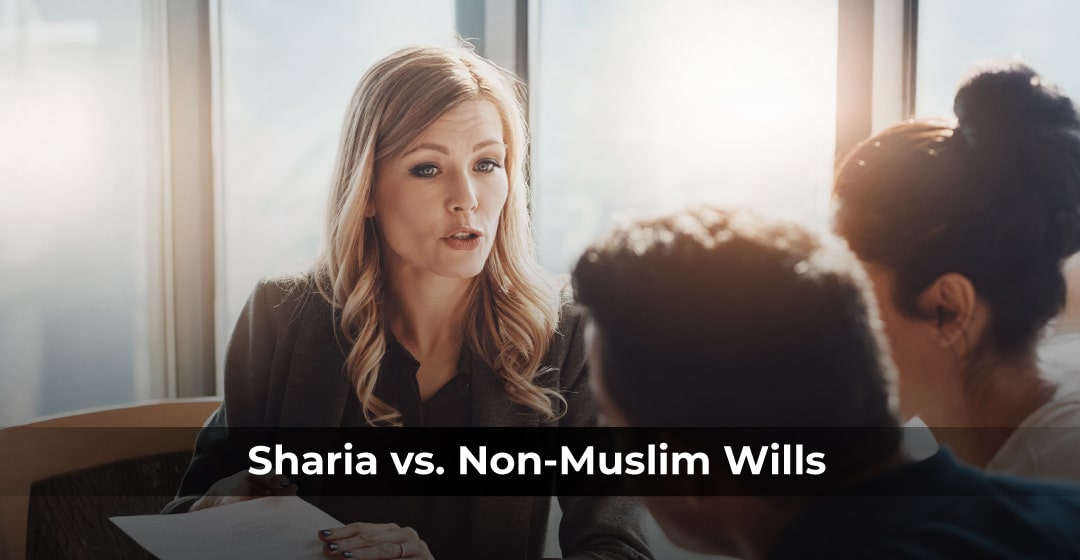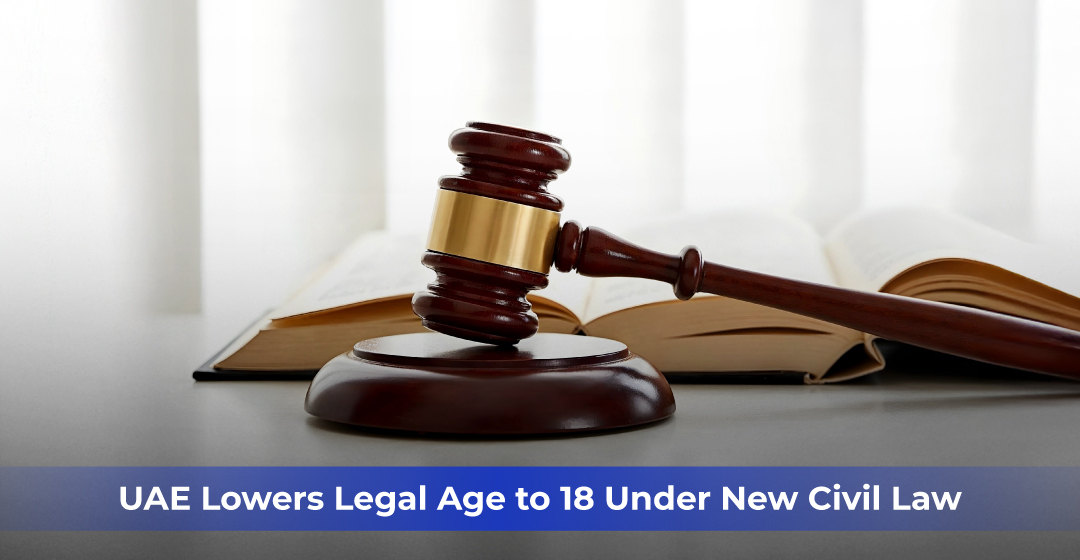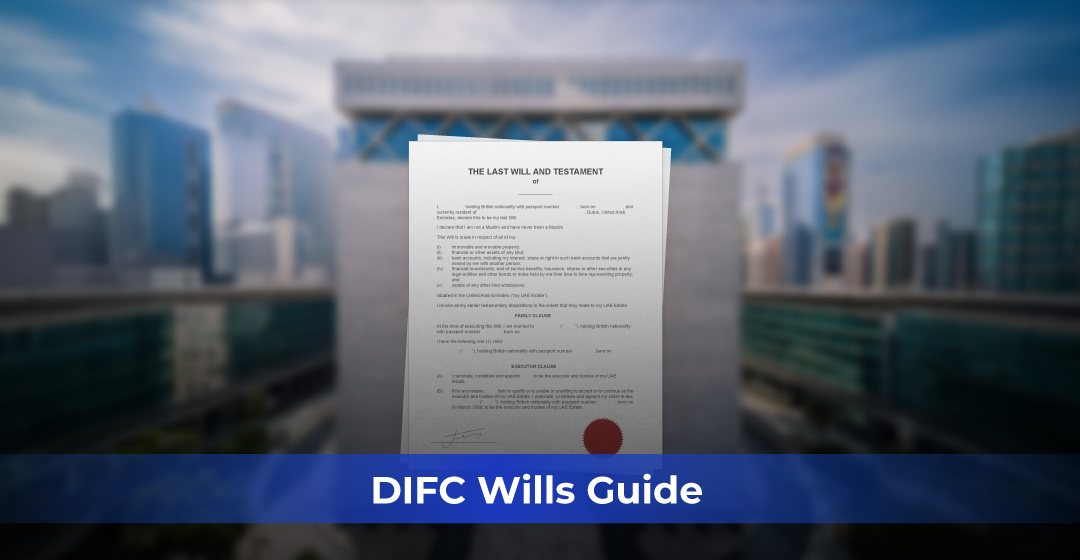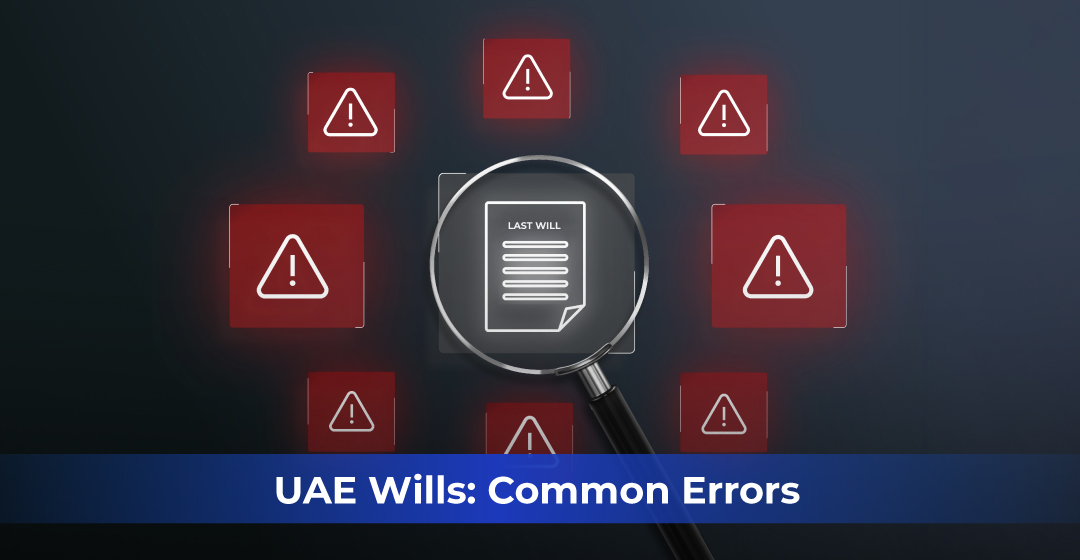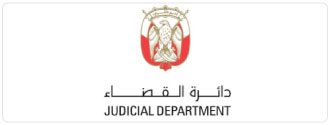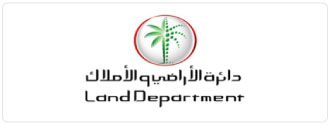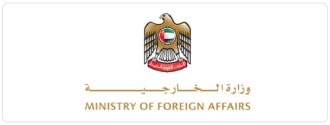Living in the UAE? Own property, a business, or have a family here?
Then you need to know how inheritance works because it may not follow your personal wishes by default.
The UAE follows Sharia Law for inheritance, but non-Muslim residents have the option to register Wills in the UAE to opt out of it. Still, many expats remain unaware of the legal gaps that can leave their assets frozen or misallocated.
In this article, we break down the key differences between Sharia-based inheritance and non-Muslim Wills, and explain how you can protect your estate and your loved ones with the right legal planning.
What About Wills for Muslims in the UAE?
While Sharia law automatically governs inheritance for Muslims in the UAE, Muslim individuals can still prepare a Will, but with specific limitations if making through Sharia courts.
Can Muslims Make a Will in the UAE, Opting Out of Sharia Law?
Yes, Muslim residents and citizens are allowed to draft a Will through ADJD as well as per the latest amendments.
Guardianship Wishes:
A Muslim Will can also include guardianship nominations for minor children. While these wishes are considered, final decisions lie with the UAE court.
How to Register a Muslim Will:
- Registered with the UAE Notary Public or the Sharia Courts.
- Muslim expats can now also register Wills through the ADJD Court.
Inheritance Under Sharia Law in the UAE
By default, inheritance matters in the UAE are governed by Sharia (Islamic) law, which outlines a fixed distribution of the deceased’s estate among surviving heirs.
Key Features:
- Fixed Shares: Sharia specifies exact shares for each family member (e.g., spouse, children, parents, siblings).
- Male Preference: Generally, male heirs receive double the share of female heirs (e.g., a son receives twice as much as a daughter).
- Extended Family Inclusion: Even distant relatives like uncles or cousins may be entitled to a share, depending on the family structure.
- No Joint Ownership: Assets are individually distributed; there is no concept of “joint ownership with right of survivorship” as in some Western legal systems.
Sharia law applies to Muslims by default, and also to non-Muslims who haven’t registered a Will in the UAE.
Can Non-Muslims Avoid Sharia Law?
Yes. The UAE has made significant legal reforms in recent years, giving both non-Muslim and muslim residents and investors more control over how their estates are distributed. This is made possible through registered Wills, recognized by UAE courts under special frameworks.
1. Legal Options for Non-Muslims:
- Registering a Will in the DIFC Wills Service Centre:
- Located in Dubai International Financial Centre.
- Allows non-Muslims to distribute their UAE-based assets as per their personal wishes.
- Covers real estate, bank accounts, guardianship of minor children, and more.
- Drafted and registered in English.
- Offers legal certainty and enforceability.
2. Registering a Will with the Abu Dhabi Judicial Department (ADJD):
- Open to both Muslim and Non-Muslim expats.
- Offers a bilingual system (Arabic and English).
- Recognized across the emirates.
- Also allows for the inclusion of movable and immovable assets and guardianship clauses.
What Happens If a Non-Muslim Dies Without a Will in the UAE?
In the absence of a registered Will in the UAE, the following can occur:
- Sharia law will apply by default, even to non-Muslim individuals.
- The probate process may be lengthy and complex, especially when multiple heirs are involved.
- If you have a Will registered in your home country, you can still initiate the process in the UAE. However, it can often be a time-consuming and costly procedure. For this reason, it is highly recommended to have a UAE-registered Will for clarity and efficiency.
- Guardianship of minor children will be decided by the UAE courts under Sharia principles. The mother is not automatically recognized as the sole guardian or inheritor, and the court may appoint a guardian based on religious guidelines.
- Inheritance may be divided among extended family members, and the surviving spouse may only receive a limited share, not the entire estate.
- Bank accounts, whether individual or jointly held, can be frozen upon death until a court order for probate is issued. This includes access to funds that the surviving spouse or dependents may urgently need.
- Additionally, end-of-service benefits, gratuity, and any final salary owed by the employer can also be withheld or frozen until legal heirs are confirmed by the court.
To avoid unintended outcomes, asset freezes, or family disputes, proactive estate planning through a registered UAE Will is essential, especially for expatriates with assets, bank accounts, or dependents in the country.
This highlights the importance of proactive estate planning, especially for expats with assets or dependents in the UAE.
Need Help Drafting or Registering a Will in the UAE?
Our legal consultants at MakemyWill and affiliated partners can guide you through the process with expert advice, document preparation, and Will registration at DIFC or ADJD.
Get in touch today to protect your assets and your family’s future.

